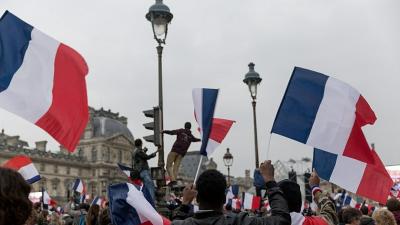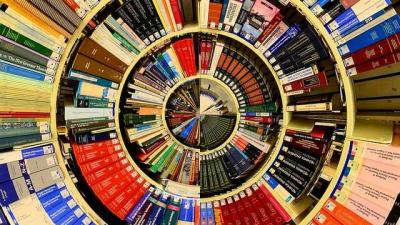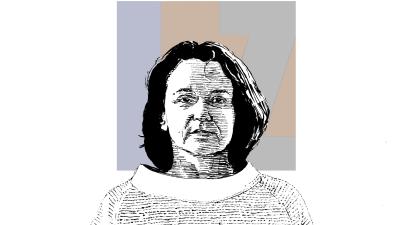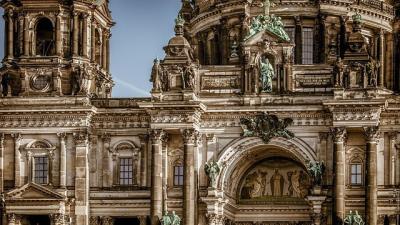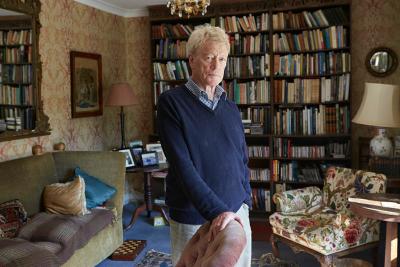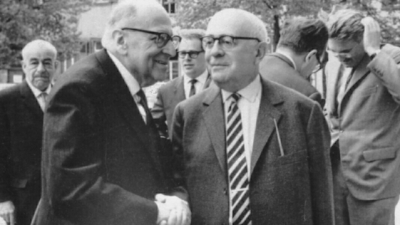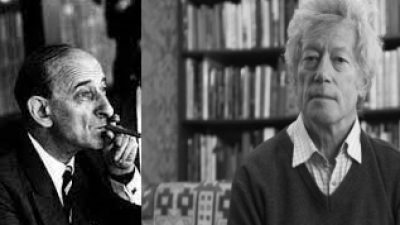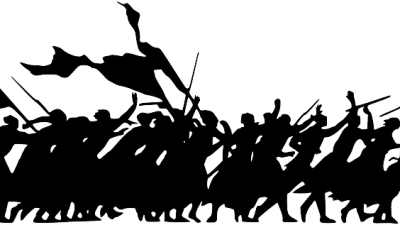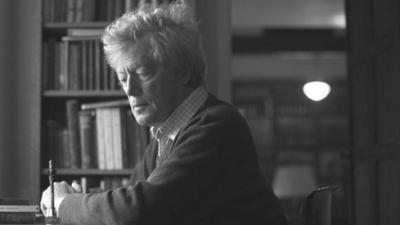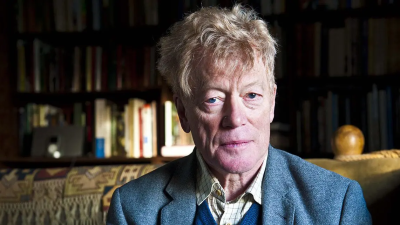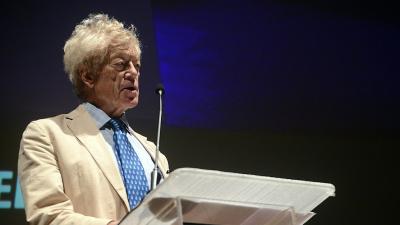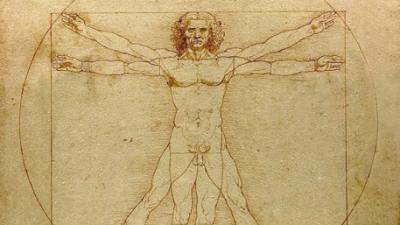France: towards chaos?
All the polls and commentators had predicted that Marine Le Pen's National Rally would win the European elections in France with more than 31% of the vote, more than twice the score of President Macron's party, which came second with 14%.
Patrick Edery
Problem of Expertise in Nowadays Europe
One of the problems with which not only European but Western liberal democracy is struggling today is the problem of knowledge and its relation to politics.
Agnieszka Nogal
The Spirit of Europe Blows Where It Will
For over 50 years, since mid-1970s, the spirit of neoliberalism hovered over Europe.[1] Its essence was fittingly summed up by Margaret Thatcher, who observed that she knows no such thing as a society but only knows individuals.
Justyna Schulz
Do We Still Believe in Europe?
In 1750, Jean-Jacques Rousseau won the first prize in a competition organized by the Academy of Dijon, answering the question: “Has the restoration of the sciences and arts contributed to refining moral practices?”
Agnieszka Nogal
In Vino Veritas. On Blind Testing and the Culture of the Symposium
The world’s best violin is called “Opus 58” and comes from the studio of Swiss master violin maker Michael Rohnheimer.
Paweł Ćwikła
Frankfurt School and the Social Disorder
In the last half of the century, a social disorder, emerged in Western societies.
Edward Sołtys
Cursed intellectuals – Raymond Aron and Roger Scruton
Raymond Aron and Roger Scruton hardly shared anything besides the English Channel.
Marcin Gacek
Scruton and Revolutions - Between History and Farce. From Edmund Burke to Malcolm Bradbury
The year 1789 is commonly – and naturally – associated with the French Revolution, dubbed “the Great Revolution.”
Krzysztof Łęcki
Sir Roger Scruton - "Beauty, Piety and Desecration" - an Elegiac Recollection in Tranquility
It is immensely difficult to write about an erudite scholar and philosopher such as Sir Roger Scruton since his great pageant of interests, intellectual involvements and possible specialties makes one at once question the fundamental character of his motivations.
Ewa Borkowska
Scruton on Modernity, Tradition and the Paradox of T.S. Eliot
For any early 20th century Western conservative, after the fall of the ancien regime in 1918, and the breakthrough of the modernist paradigm in politics, society and culture, to reconcile modernity and tradition was a probing task.
Ferenc Hörcher
Main Currents in Roger Scruton's Philosophy
Scruton believed that tradition was a living thing that changed, not in response to clamours for novelty, but on the basis of previously unforeseen problems.
Mark Dooley
EU Anthropology Versus Christian Anthropology
Theoretically speaking, addressing the question of the relationship between Unionist and Christian anthropology presents the researcher with two avenues of analysis and three possible answers.



